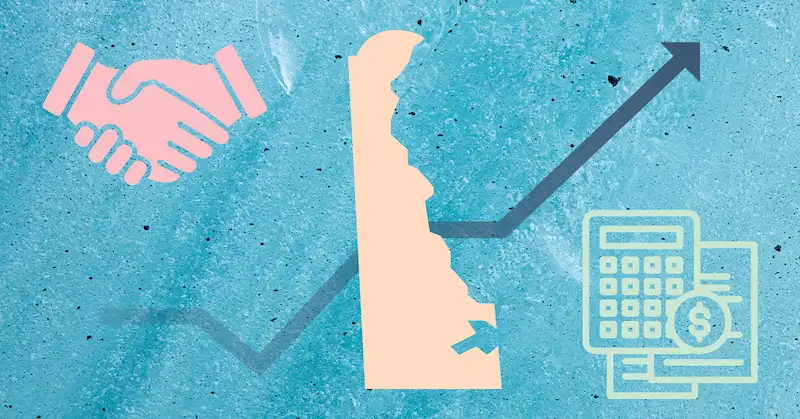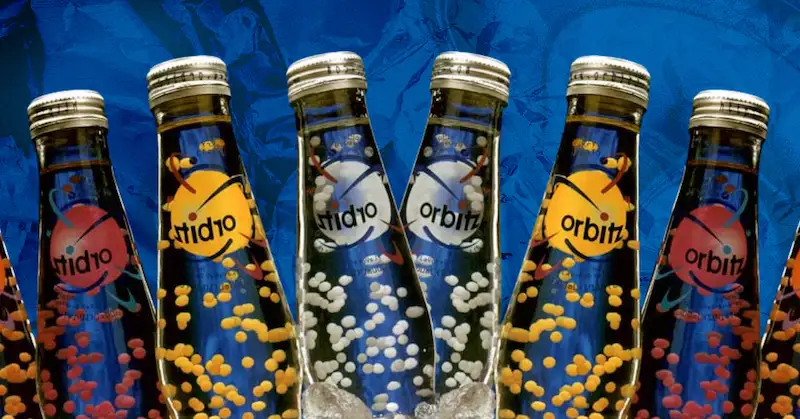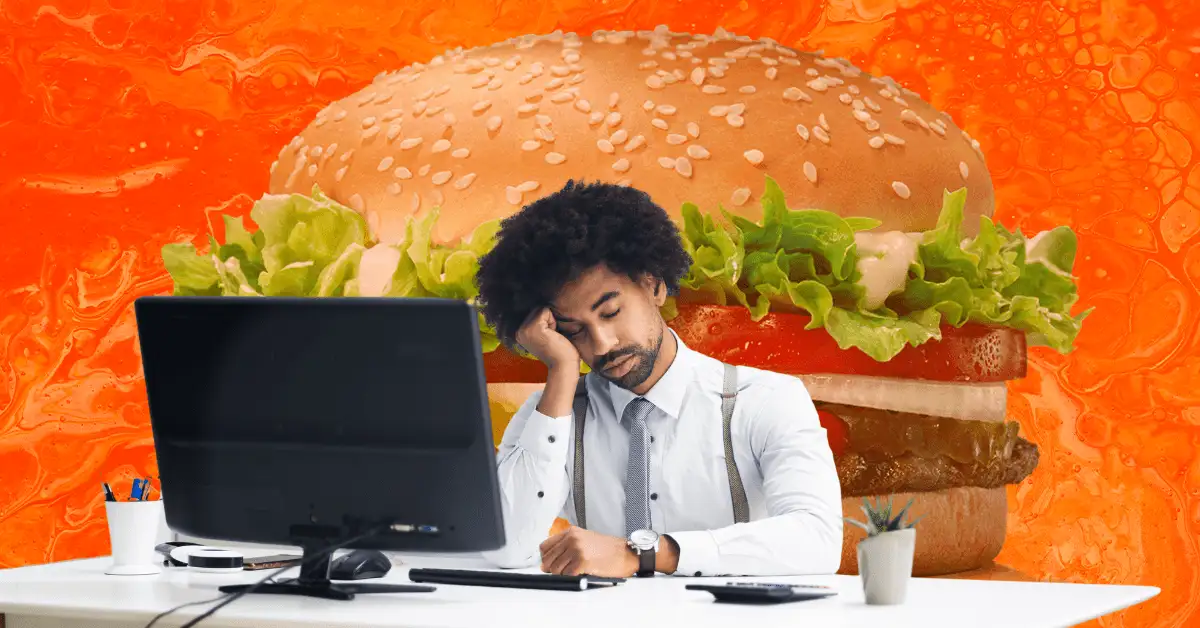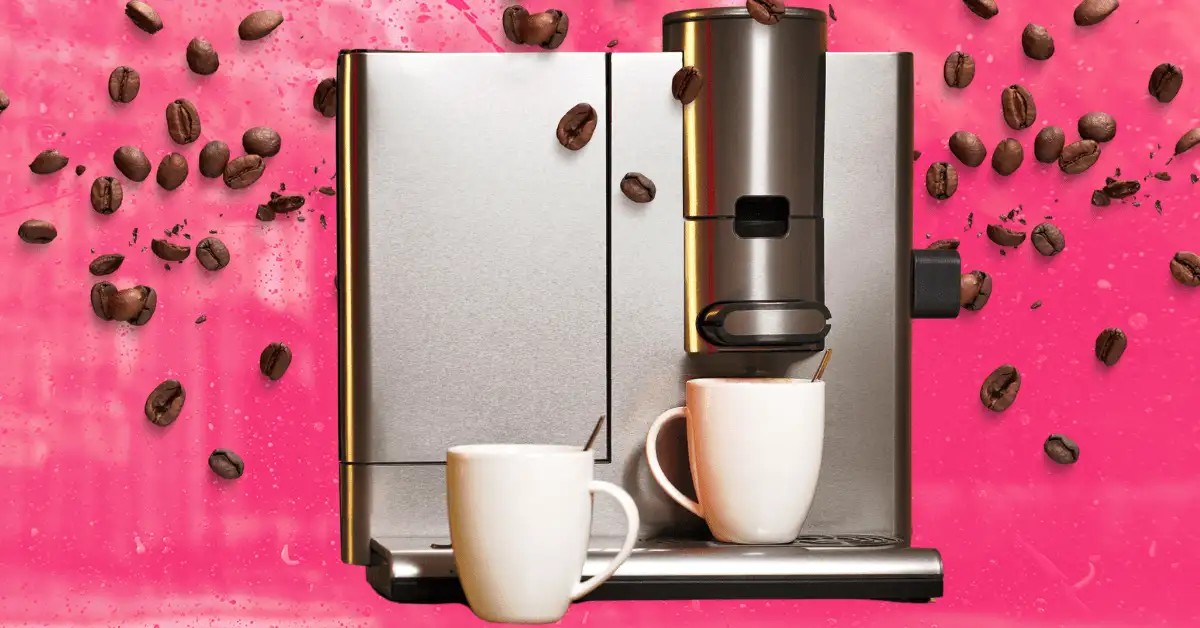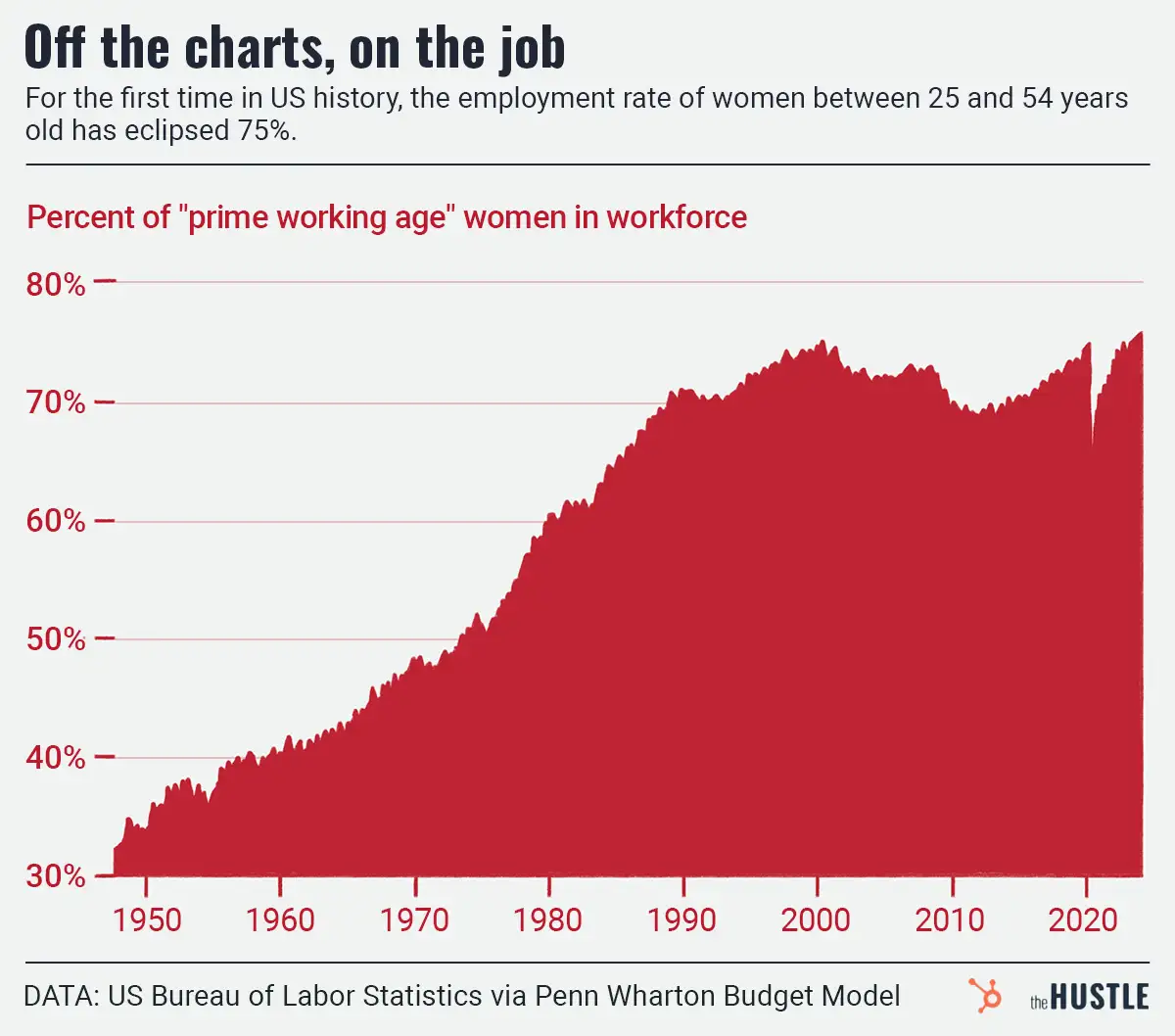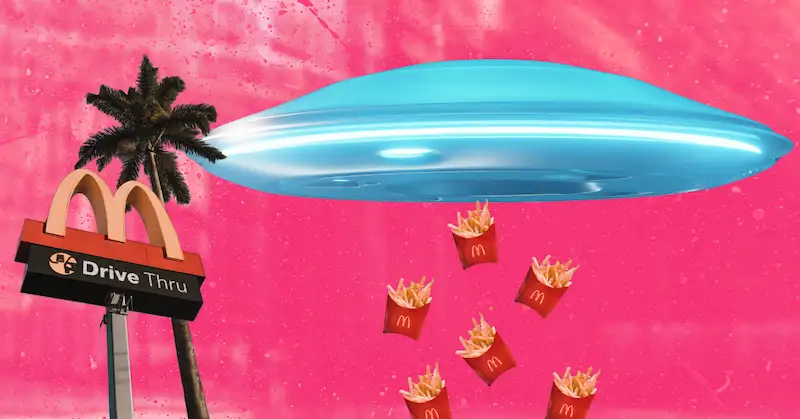Franchises are an American staple.
Born out of a network of sellers that peddled the Singer sewing machine in the late 1800s, the modern-day franchise model became popular after World War II.
However, according to the Wall Street Journal, the (relatively) happy marriage between franchisees and corporates has frayed during the pandemic.
Wait, how do franchises work?
Small businesses and their corporate parents have traditionally run on the ol’ “you pat my back, I’ll pat yours” mantra.
And it’s worked.
As of 2019, there were 774k franchise establishments employing over 8.4M people in the US, with 55% of hotels (e.g., Econolodge) and 84% of chain restaurants (e.g., McDonald’s) using the model per WSJ.
Here’s the swap:
- Franchise owners get an operational playbook and brand loyalty (e.g., everyone that goes to Dunkin’ Donuts knows that its 32oz iced coffee will have you typing emails faster than Usain Bolt at the 2008 Beijing Olympics)
- Corporates get to operate “asset light” and receive an upfront franchise charge and ongoing royalty fee
The pandemic has strained margins…
…and the royalty fees are a huge drain on a franchise’s monthly revenues.
For context, this is what a McDonald’s franchisee has to swallow:
- Initial fee is $45k
- Royalty fee is 4% (actually on the lower end)
- An ongoing percentage of monthly sales for construction costs and kitchen equipment
Corporate is also adding more costs for franchisees in the form of big cleaning bills and hefty promotional discounts.
It’s not all doom and gloom
Some brands (e.g., Dunkin’, Subway) are deferring royalty payments.
Others have capitalized on the lockdown, using a tech overhaul and unexpected demand to drive business.
- Ace Hardware is capitalizing on people finally fixing “that porch” and is seeing record revenue in 2020
- 7-Eleven pounced on a weakened competitor, purchasing Speedway’s network of gas stations for $21B
- Domino’s — which is 5+ years into a massive digital turnaround — has crushed it during COVID
“I get that franchising isn’t a democracy,” says one Subway franchisee who fought back against an unprofitable 2-Subs-for-$10 promotion. “But at the same time, it’s not a dictatorship.”
Check out more coverage here:
